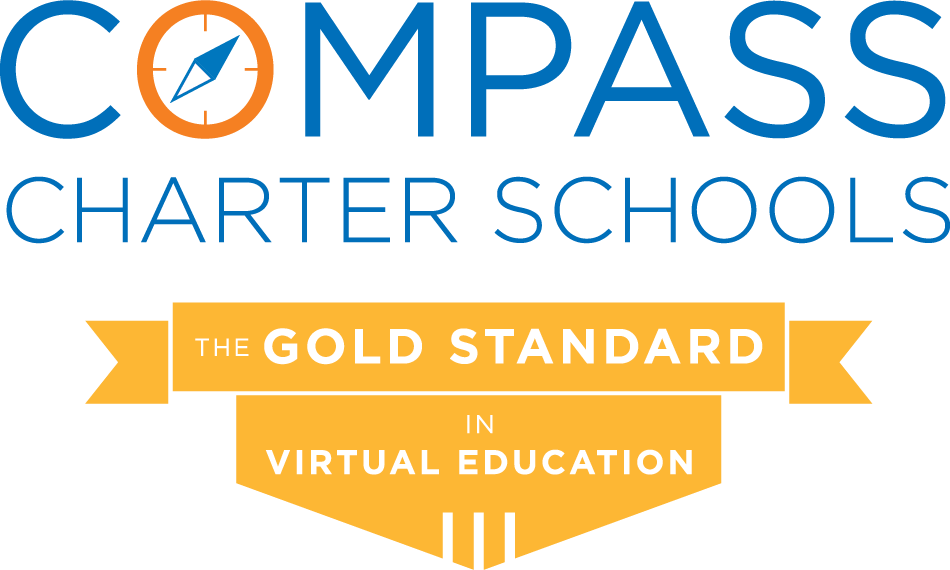Major advances in technology over the last three decades have significantly changed how we communicate with each other, especially through the Internet. Today, children are surrounded by technology. From a young age, they learn how to use the Internet and how to be more tech-savvy than many of the adults in their lives. However, being tech-savvy and knowing how to use the Internet doesn’t always mean that children understand how to stay safe online.
It’s important for children to understand the potential impact of their online activity, especially those who participate in an independent study educational program, like Compass Charter Schools’ (CCS) online program. Scholars must know how to stay safe when using the Internet for school or personal reasons. Here are a few ways to help keep scholars safe while they are online:
Avoid Sharing Personal Information
Never Share Your Passwords
Use Your Email Wisely
Use Caution When Installing Software
Ignore Offensive Messages
